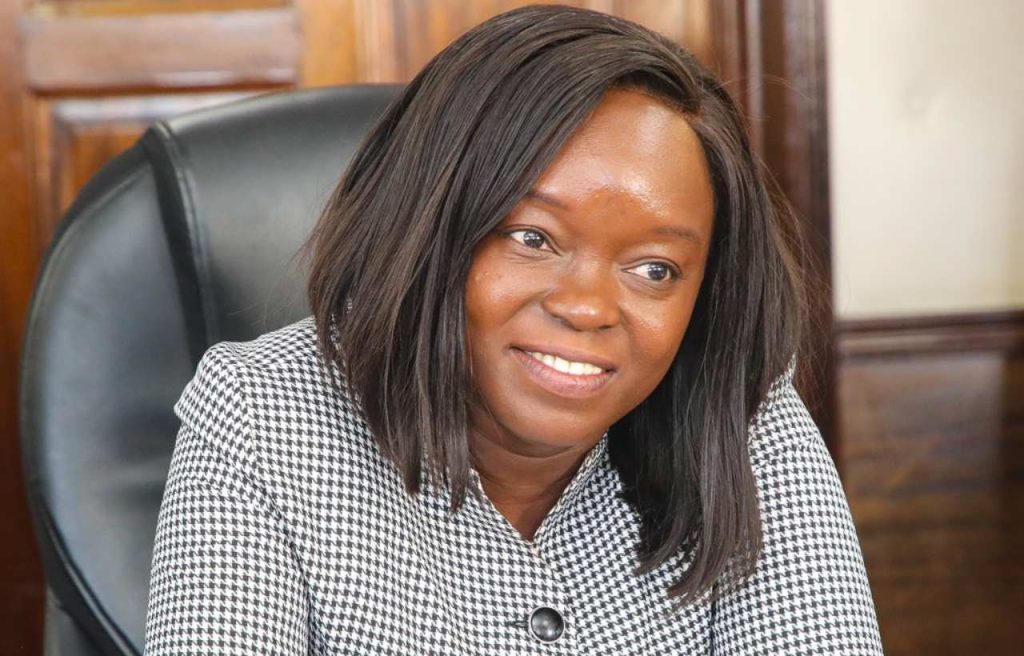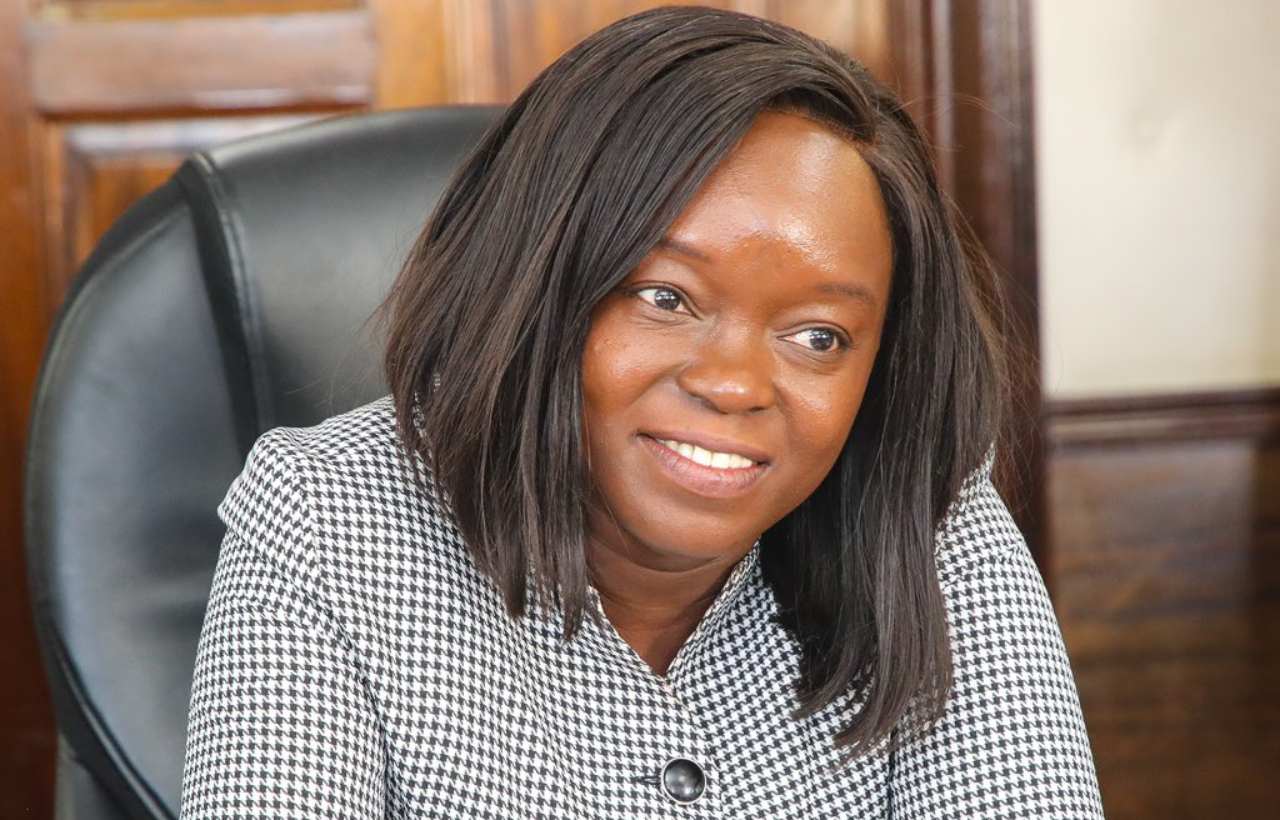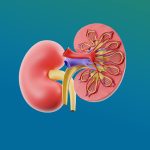The appointment of experts from various disciplines is expected to enhance transparency, accountability, and evidence-based policymaking in the health sector
Kenya has taken a major step toward achieving Universal Health Coverage (UHC) with the formation of a Benefits Package and Tariffs Advisory Panel (BPTAP). The newly established panel will play a key role in shaping healthcare benefits and pricing under the Social Health Insurance (SHA) program, ensuring that Kenyans receive quality and affordable medical services.
While making the announcement on Wednesday, February 13, 2025, Health Cabinet Secretary Deborah Barasa pointed out the significance of the panel, describing it as a crucial component of Kenya’s healthcare reforms, and “a major milestone in our journey toward Universal Health Coverage.”

The panel, housed at the Centre for Epidemiological Modelling and Analysis (CEMA) at the University of Nairobi, brings together experts in health economics, epidemiology, actuarial science, and health sciences.
It will be responsible for reviewing and recommending healthcare benefits packages, advising on fair pricing and tariffs, and continuously monitoring the program’s impact to enhance service delivery. Barasa said through rigorous Health Technology Assessments, the panel will identify cost-effective, high-impact interventions that improve access to essential care while ensuring financial sustainability.
The advisory panel is composed of diverse stakeholders from Kenya’s healthcare and financial sectors. It includes a chairperson nominated by a host local public university, the Director-General for Health, and a representative from the National Treasury.
Additionally, an actuary nominated by the Social Health Authority, two representatives from the Council of Governors—one of whom must be a clinician—a civil society representative from the Health Non-Governmental Organizations Network (HENNET), and a nominee from development partners involved in health matters will also serve on the panel.
The consortium of healthcare providers will have a representative, while the Health Cabinet Secretary will appoint two experts—a health economist and an epidemiologist—to ensure data-driven decision-making.
To qualify as chairperson, a candidate must be a Kenyan citizen and hold at least a master’s degree from a recognized university. The appointment of experts from various disciplines is expected to enhance transparency, accountability, and evidence-based policymaking in the health sector.
Barasa reiterated that the government is committed to ensuring healthcare reforms remain responsive to the needs of all Kenyans, “ensuring that healthcare reforms remain responsive to the needs of all Kenyans.”
The panel will begin its work immediately, with a comprehensive review of the benefits package expected within two years. This move is seen as part of broader efforts to strengthen Kenya’s healthcare system, enhance service delivery, and provide quality care for all citizens.
President William Ruto has often reiterated his commitment to UHC, stating that his government would work to eliminate financial barriers to healthcare access. So far, his government has enacted four key legislations to support its rollout. These include the Social Health Insurance Act which replaced the National Health Insurance Fund (NHIF) with the Social Health Authority (SHA), and the Primary Health Care Act which strengthens community-based healthcare. Additionally, the Facility Improvement Financing Act allows public hospitals to retain funds for service upgrades, while the Digital Health Act is expected to facilitate the digitization of patient records and health services.
Unlike the NHIF, which primarily served formal-sector employees, SHA is designed to be universal and mandatory for all Kenyans aged 18 and above, including those in the informal sector and vulnerable populations.
Contributions are now income-based, unlike NHIF’s fixed rates, while the government subsidizes payments for the poor. The new system is structured into three funds: the Primary Healthcare Fund for preventive services like immunization and maternity care, the Social Health Insurance Fund (SHIF) for general medical expenses, and the Emergency, Chronic, and Critical Illness Fund, which covers life-threatening conditions.





















